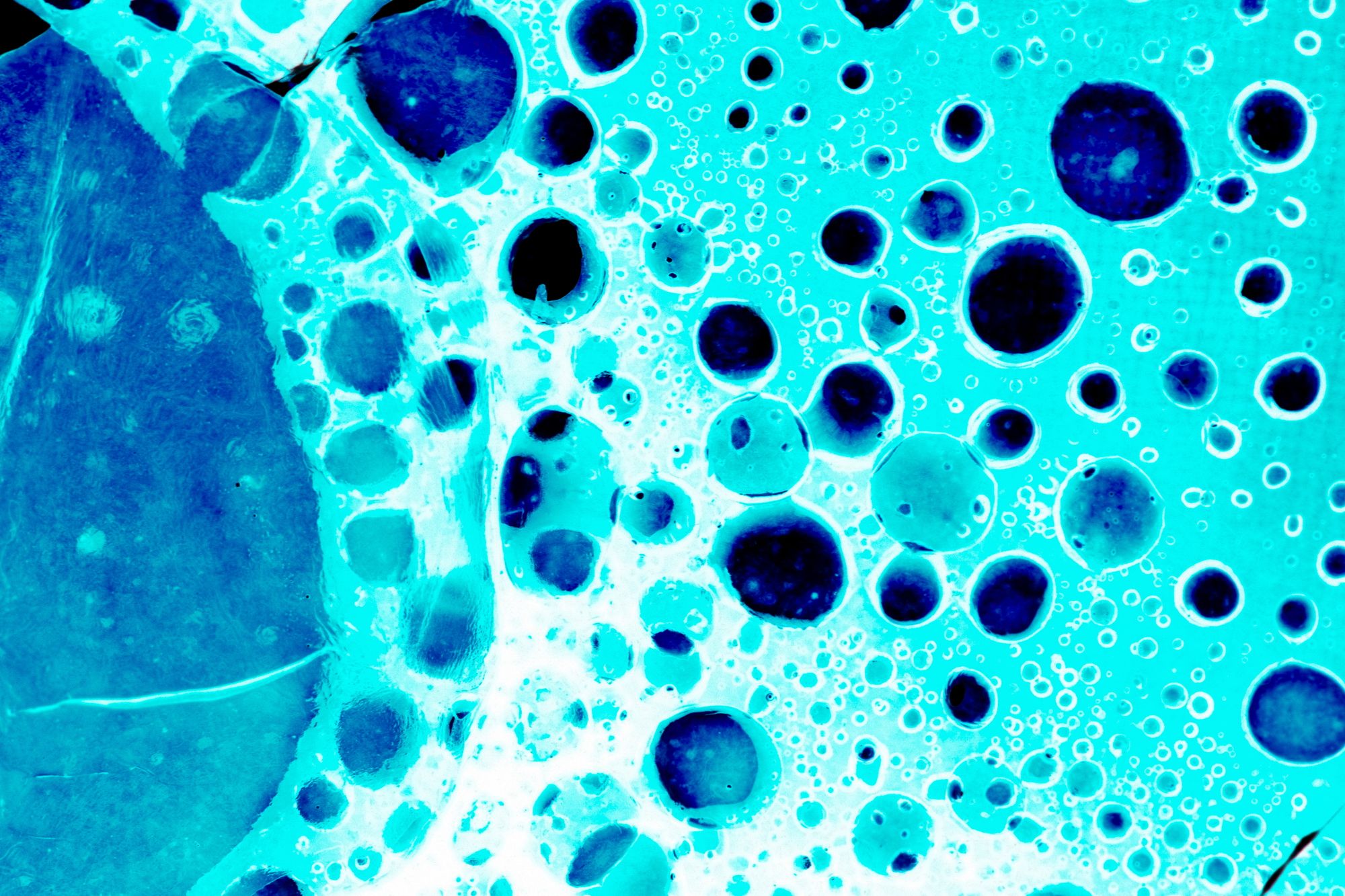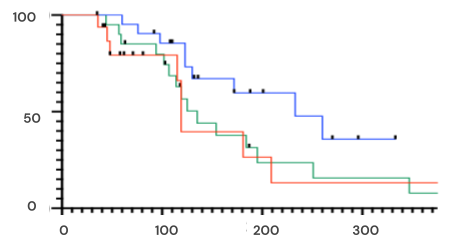Rising Women in Veterinary Oncology
An introduction from Chief Medical Officer, Dr. Gerry Post
Veterinary medicine is changing. I remember one of my first days in veterinary school looking at the class pictures that were hung in the hallways. I remember seeing the first woman in one of these class photos and noting that she was still practicing.










